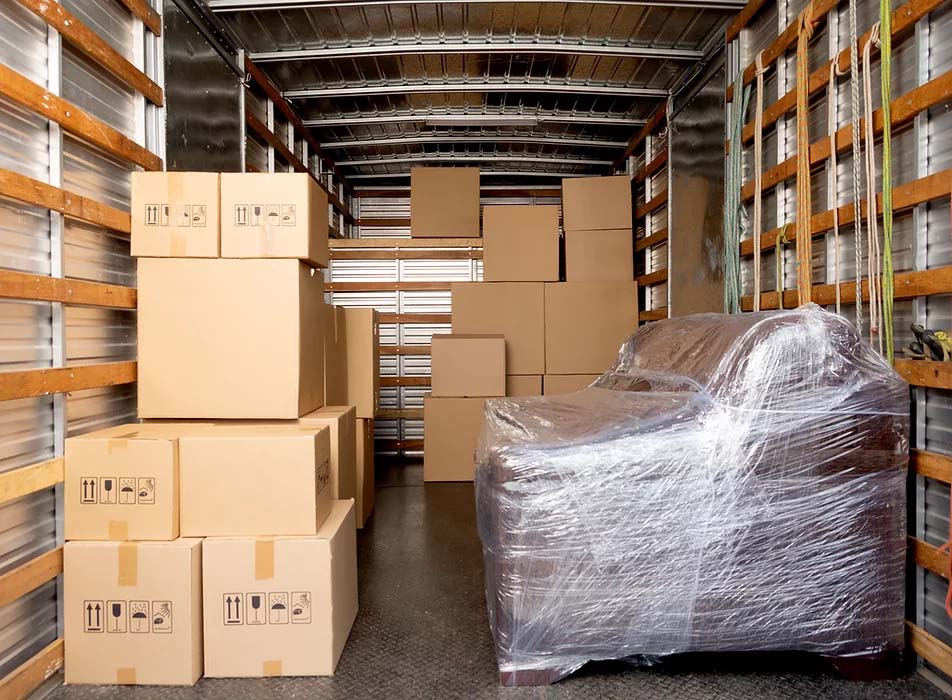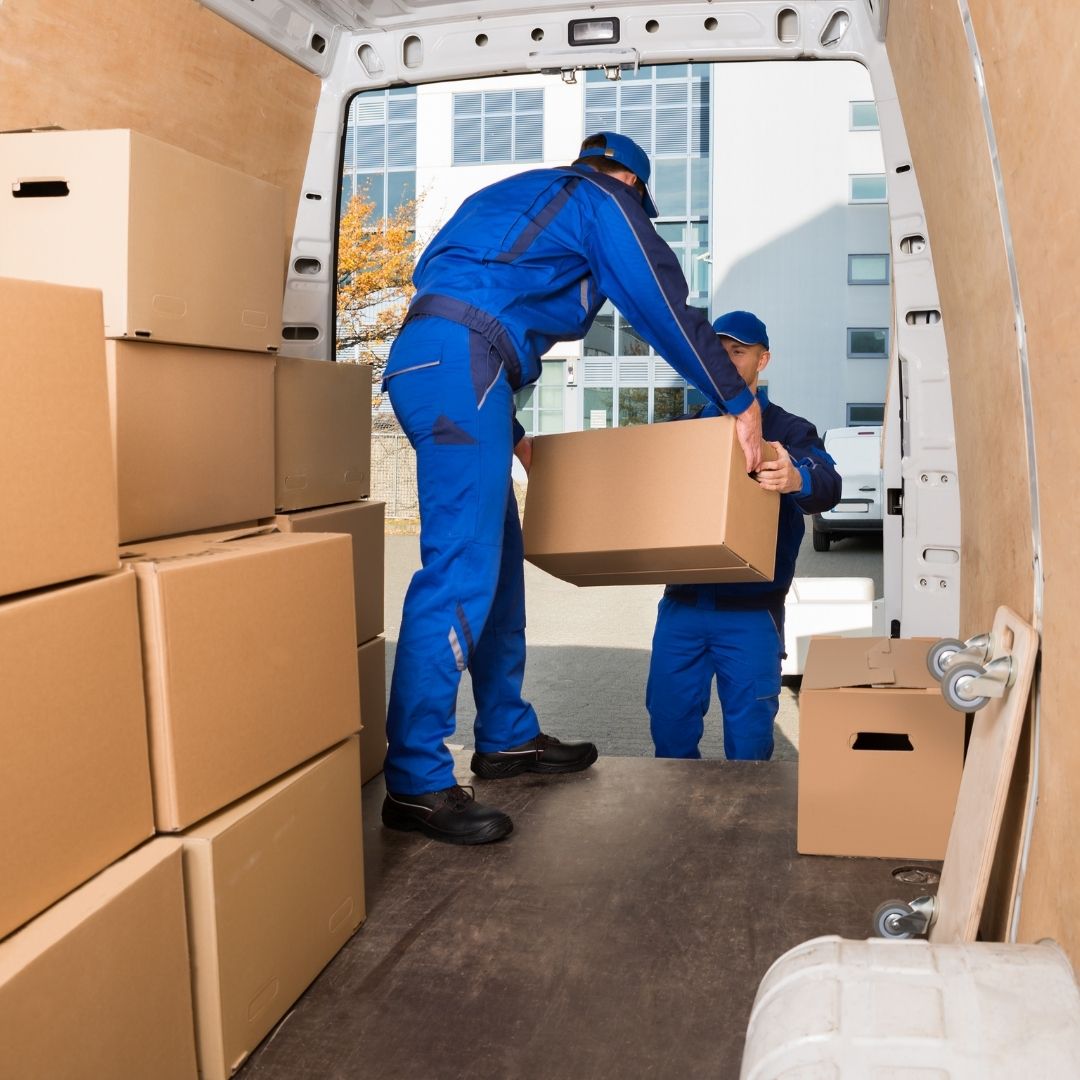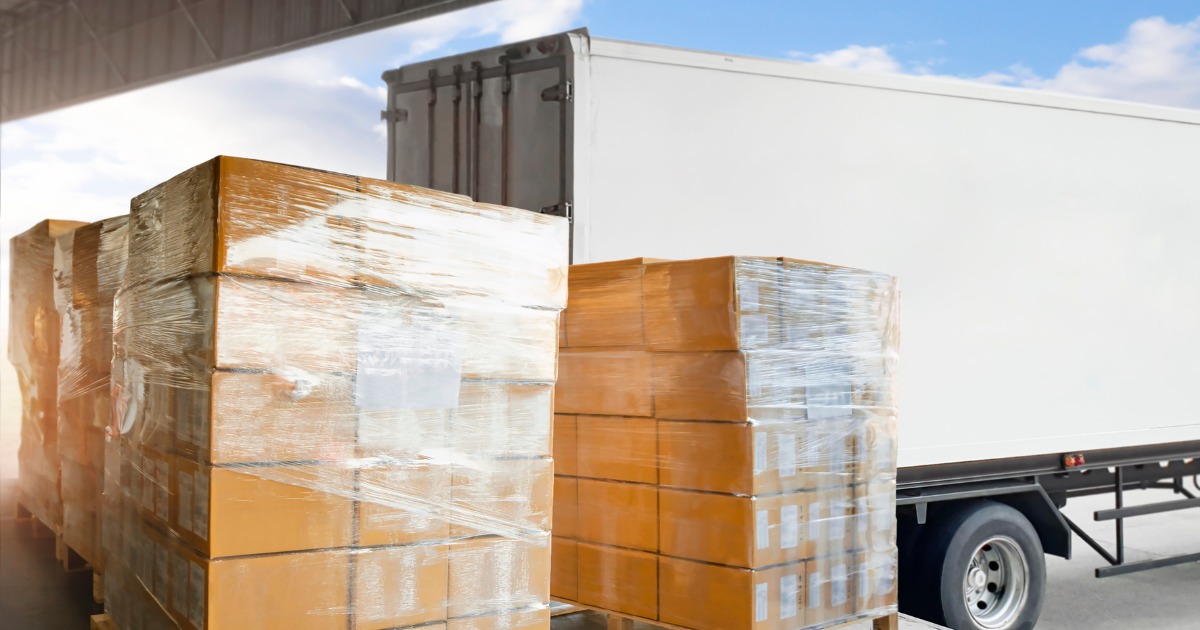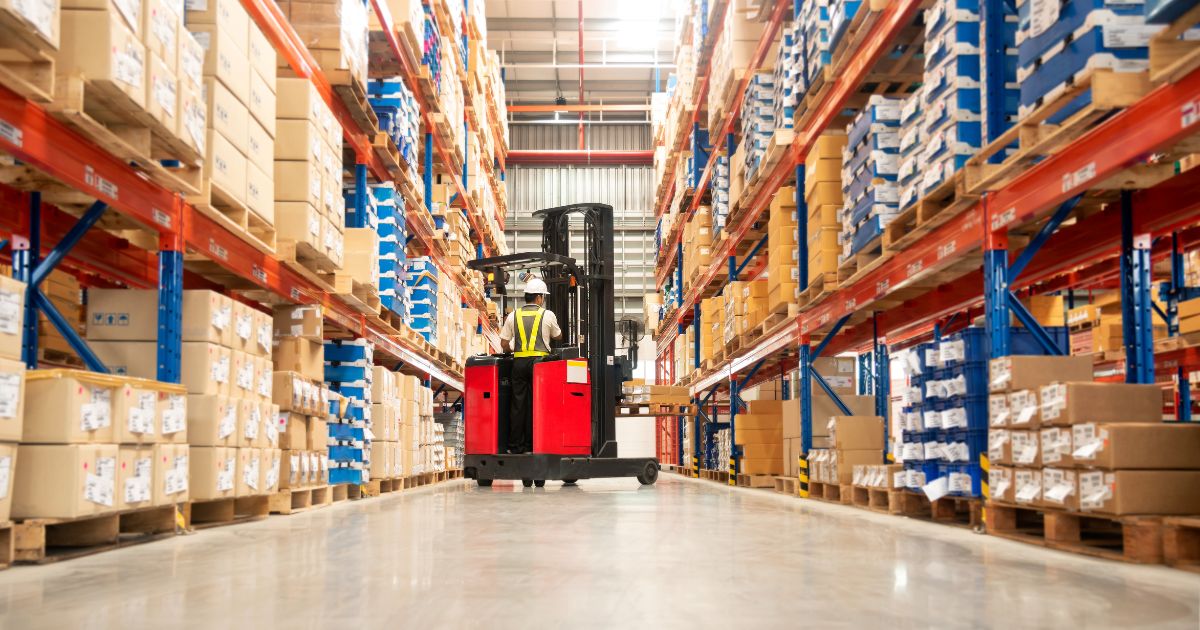Cardinal Delivery Services
Whether you need a single item delivered across town or just a reliable logistics service. Then we have the expertise, resources, and dedication to ensure your deliveries arrive on time, every time.

Standard Delivery
- Scheduled Delivery
- Next-Day Delivery
- Same-Day Delivery
- Two-Day Delivery
- Overnight Delivery
Express Delivery Services
Fast and time-sensitive deliveries.
- Rush Delivery
- Priority Shipping
- Expedited Delivery
3PL Delivery Services
Our 3PL Delivery Services provide comprehensive logistics management, from warehousing to distribution, designed to streamline your supply chain. We handle all aspects of your delivery, allowing you to focus on growing your business.
- Freight Delivery: Handling larger or bulkier shipments. Typically loads over 10,000 lbs.
- Last-Mile Delivery: The final step in the delivery process, often integrated with broader logistics services.
- Reverse Logistics: Managing returns and ensuring smooth processing.
- White Glove Delivery Service: Specialized handling and setup for high-value or delicate items.
- Scheduled Delivery Service: Regular, pre-arranged deliveries as part of supply chain management.
- International Delivery Service: Cross-border logistics and deliveries.
3PL Delivery Industries
- Retail & E-commerce
- Manufacturing
- Healthcare


B2B Delivery
Cardinal Delivery’s B2B Delivery Services offer reliable business-to-business transportation solutions, ensuring that your goods are delivered securely and on time. We support regular, scheduled deliveries as well as on-demand options for urgent shipments.
- Business-to-Business Deliveries: Focused on transporting goods between businesses.
- Scheduled Deliveries: Regular pickups and deliveries tailored to business needs.
- On-Demand Delivery: Flexible services for urgent or unexpected delivery requirements.
- Freight and Logistics Integration: Seamless logistics support for efficient operations.
- Secure and Reliable: Ensuring timely and safe transport of business-critical items.
- Tracking and Management: Real-time tracking for transparency and control over shipments.
B2B Delivery Industries
- Industrial Suppliers
- Construction
- Corporate Offices
B2C Delivery
Our B2C Delivery Services connect businesses directly with consumers, offering fast and efficient delivery of products to homes or offices. Whether you’re in e-commerce or retail, we ensure that your customers receive their orders quickly and securely.
- Courier Routes: Daily or weekly recurring pick up and delivery.
- Same-Day Delivery: Quick delivery within the same day for urgent shipments.
- On-Demand Delivery: Flexible service catering to immediate delivery needs.
- Scheduled Delivery: Regular delivery at pre-arranged times for consistency.
- Last-Mile Delivery: Ensures the final leg of delivery directly to consumers.
- Package Tracking: Real-time tracking of deliveries for transparency.
- Returns Management: Streamlined process for managing customer returns.
- White Glove Service: Extra care for high-value or fragile items during delivery.
B2C Delivery Industries
- E-commerce
- Subscription Services
- Marketing Promotion Routes


Courier Service
Cardinal Delivery offers Courier Services for time-sensitive shipments, ensuring fast and secure deliveries. From legal documents to small packages, our courier services guarantee prompt and professional service.
- Courier Routes: Reliable daily or weekly recurring pickup and delivery services.
- Same-Day Delivery: Fast, same-day delivery for time-sensitive shipments.
- On-Demand Delivery: Flexible courier service for immediate delivery needs.
- Scheduled Delivery: Consistent delivery at pre-arranged times for dependable service.
- Last-Mile Delivery: Seamless final leg of delivery straight to consumers’ doors.
- Package Tracking: Real-time tracking for full transparency and peace of mind.
- Returns Management: Efficient handling of customer returns for hassle-free processing.
- White Glove Service: Special care for fragile or high-value items during transport.
Courier Service Industries
- E-commerce
- Subscription Services
- Marketing and Promotional Routes
Why Choose Cardinal Delivery?
Cardinal Delivery stands out as a leading 3pl logistics company, offering a range of benefits that set us apart:
Our experienced team handles complex delivery challenges with ease.
We provide everything from same-day delivery to international shipping.
Real-time tracking and route optimization ensure efficient, visible shipments.
Our solutions adapt to your business needs as it grows.
We guarantee on-time, perfect-condition deliveries.
We prioritize client satisfaction, aligning services with your goals.
Delivery Service Reviews
Cardinal Delivery provides reliable 3PL and logistics services trusted for efficiency and accuracy. Explore our 3PL logistics company reviews to see why businesses choose us for quality, timely deliveries.
FAQs About Delivery Services
What types of items can be delivered through Cardinal Delivery?
How do I schedule a delivery with Cardinal Delivery?
Can I change the delivery address after my shipment is in transit?
What is the difference between same-day delivery and express delivery?
How does Cardinal Delivery handle perishable goods?
What are the delivery options for international shipments?
How does Cardinal Delivery ensure the security of high-value items?
Can Cardinal Delivery handle oversized or heavy shipments?
What measures are in place to ensure timely delivery?
How does Cardinal Delivery handle multiple deliveries in one day?
Delivery Service Blog
Stay informed with our logistics blog. Access resources to optimize delivery operations, stay updated on trends, and learn best practices for delivery management.

LTL vs. FTL Shipping: How to Choose the Most Cost-Effective Freight Option in Houston
